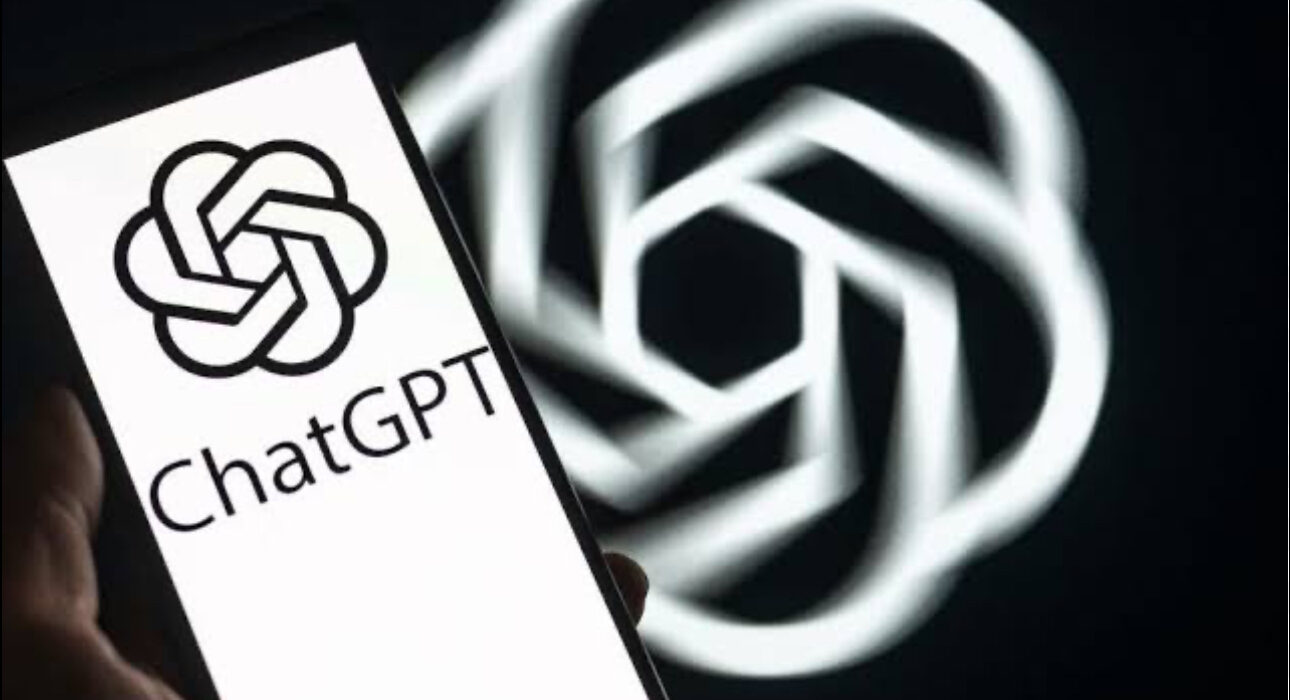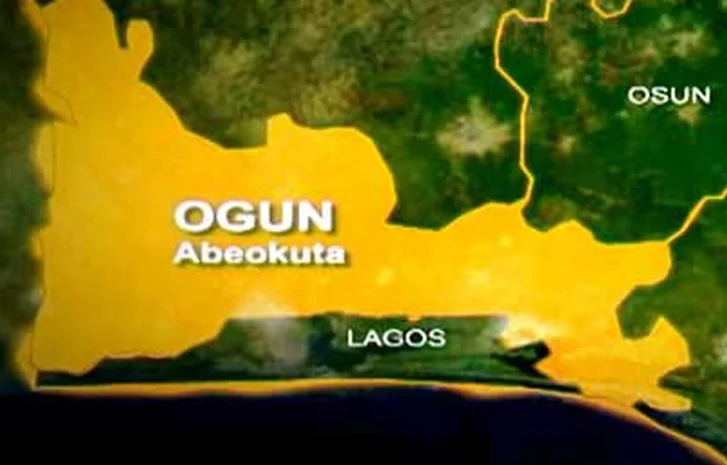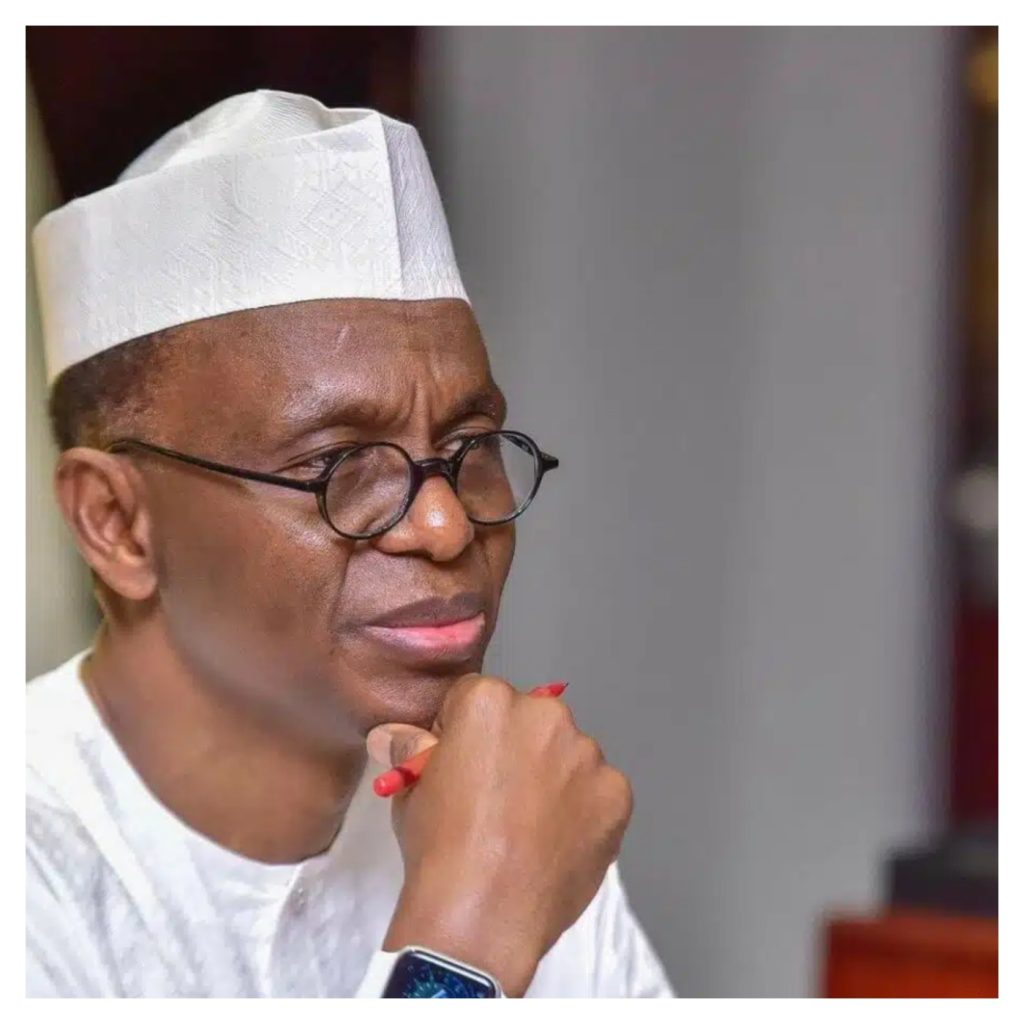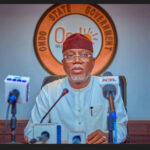Nine African Countries Still Restrict ChatGPT Access Amid Rising AI Adoption

Access to OpenAI’s ChatGPT remains restricted in nine African countries, highlighting the continent’s uneven progress in adopting artificial intelligence (AI).
While nations like Nigeria, South Africa, Kenya, and Ghana are actively embracing AI innovation, others continue to struggle with infrastructural, political, and regulatory barriers.
According to recent findings, the countries where ChatGPT is still inaccessible include Eritrea, Libya, Eswatini, Burundi, South Sudan, Sudan, Central African Republic, Chad, and the Democratic Republic of the Congo.
In many of these nations, a combination of weak internet infrastructure, government-imposed restrictions, and unstable political environments has made it difficult for residents to access or benefit from emerging AI technologies.
For instance, Eritrea’s strict state control over digital communication, Sudan’s repeated internet shutdowns, and the Democratic Republic of the Congo’s outdated regulations are among the key obstacles.
In places like South Sudan and the Central African Republic, ongoing conflict has also limited access to reliable connectivity. Smaller countries such as Eswatini and Burundi, meanwhile, face challenges tied to market size and the absence of clear digital policies.
Experts warn that the continued exclusion of these nations from AI access risks deepening Africa’s digital divide at a time when AI is driving global economic growth. Analysts project that AI could contribute trillions of dollars to the world economy by 2030, but without equal access, parts of Africa risk being left behind.
The African Union’s AI Strategy, adopted in 2024, seeks to change that trajectory by promoting inclusive and Africa-centered development of artificial intelligence.
Leaders across the continent, including Rwanda’s President Paul Kagame, have stressed the importance of collaboration, innovation, and regulation to ensure Africa is not sidelined in the ongoing AI revolution.
Globally, the rise of alternative AI platforms—such as Google’s Gemini, Anthropic’s Claude, Meta’s AI, and Elon Musk’s Grok—has intensified debate on how countries regulate or restrict access to such tools. For Africa, the challenge remains ensuring that restrictions born of political or infrastructural realities do not block future generations from digital opportunities.
As things stand, while millions of Africans are already using AI to enhance education, business, and governance, nine nations remain locked out—underscoring the urgent need for reforms that balance regulation, security, and innovation.








